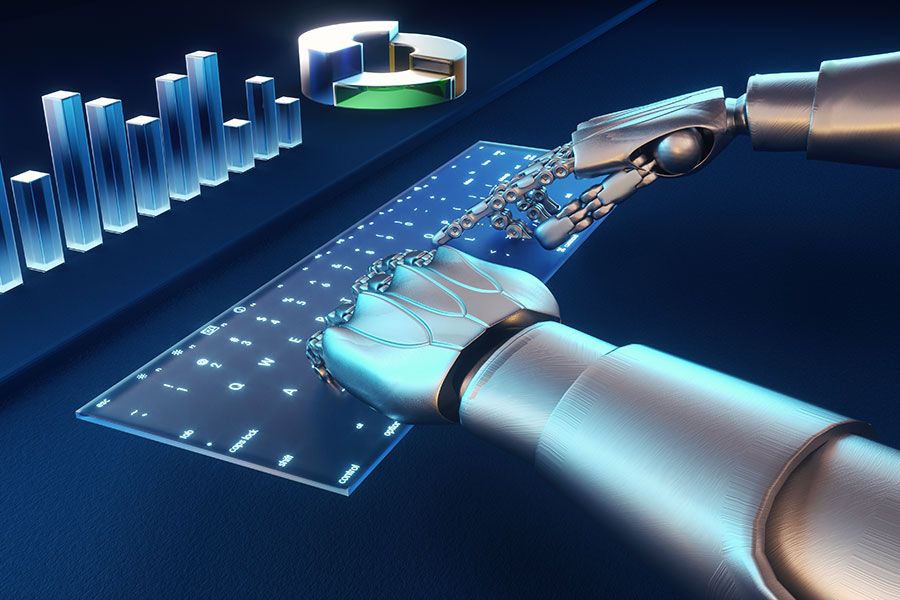
(JW Insights) Sep 6 -- China has become the world's largest industrial robot market, with its annual installations of industrial robots accounting for more than half of the world's total in 2022, according to the Ministry of Industry and Information Technology (MIIT).

Under the "Robot+" application action plan, released early this year by the MIIT and 16 other government departments, the country vowed to increase the use of robots in manufacturing, agriculture, logistics, energy, healthcare, education, and elderly services, among other areas, reported Xinhua on September 4.
The country's robot density, the number of robots per 10,000 employees, reached 392 for the manufacturing sector last year, according to the MIIT.
The sector, which represents a country's strength in technological innovation and high-end manufacturing, has been driving the intelligent transformation and upgrading of China's manufacturing companies, and helps raise total factor productivity, analysts said.
Over the past 10 years, the country's high-tech manufacturing industry has reported fast expansion, with investment into the sector registering an annual increase of 7.4 percent. The sector's value-added industrial output accounted for 15.5 percent of those at the country's major industrial firms last year, up from 9.4 percent in 2012, according to National Development and Reform Commission data.
At a double-track automatic production line in Baotou Jiangxin Micro Motor Technology Co., Ltd., two workers put several parts on the conveyor belt and checked the operation of industrial robots, which are manufacturing voice coil motors (VCMs), key components of smartphone cameras, reported Xinhua.
The automatic production line, which the company developed by itself in 2021, enables it to raise its production capacity and efficiency and lower production costs, said Guo Yanchun, the company's chairman.
Although the automatic production line cost a total of more than RMB20 million (about $2.79 million), Guo said the cost can be digested after mass production.
"With the help of industrial robots, we managed to raise our product qualification rate to 99.6-99.7 percent from the previous 96.8-97 percent," Guo said.
He said the company is building a second automatic production line, which will use industrial robots to replace workers who pick up parts and put them on the conveyor belt.
"I've visited a lot of manufacturing firms around the country and found their automation levels have remained low. There is still great potential for the development of the industrial robot market," Xiao Pan said.
According to the Chinese Institute of Electronics, the country's industrial robot market is expected to reach $8.7 billion in 2022 and will be valued at more than $11 billion by the end of 2024, said the Xinhua report.
(Li PP)








